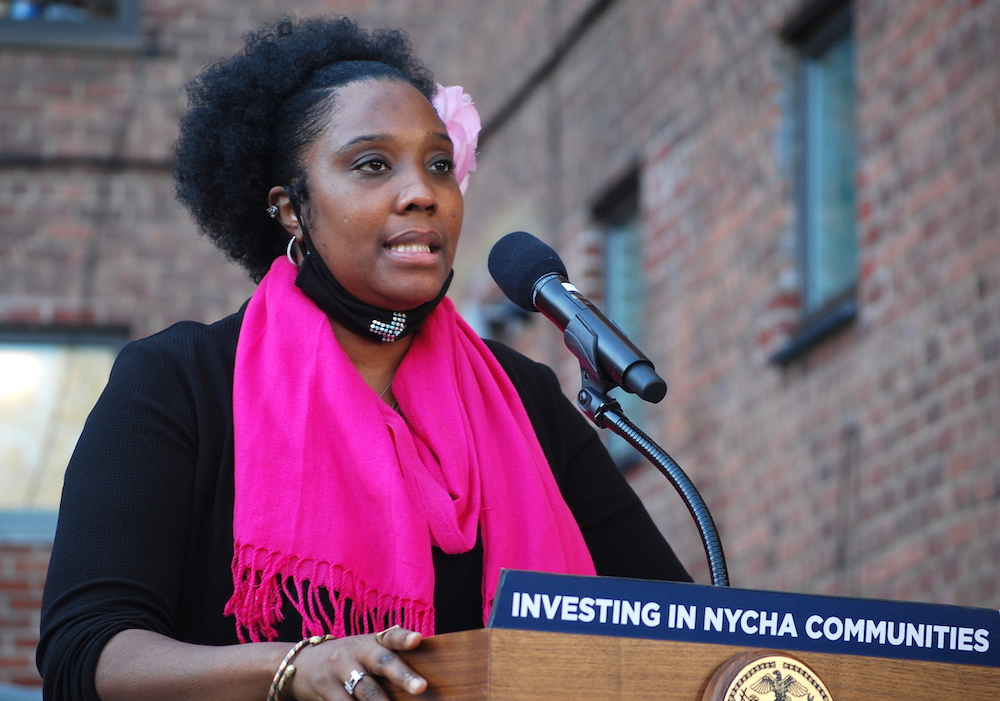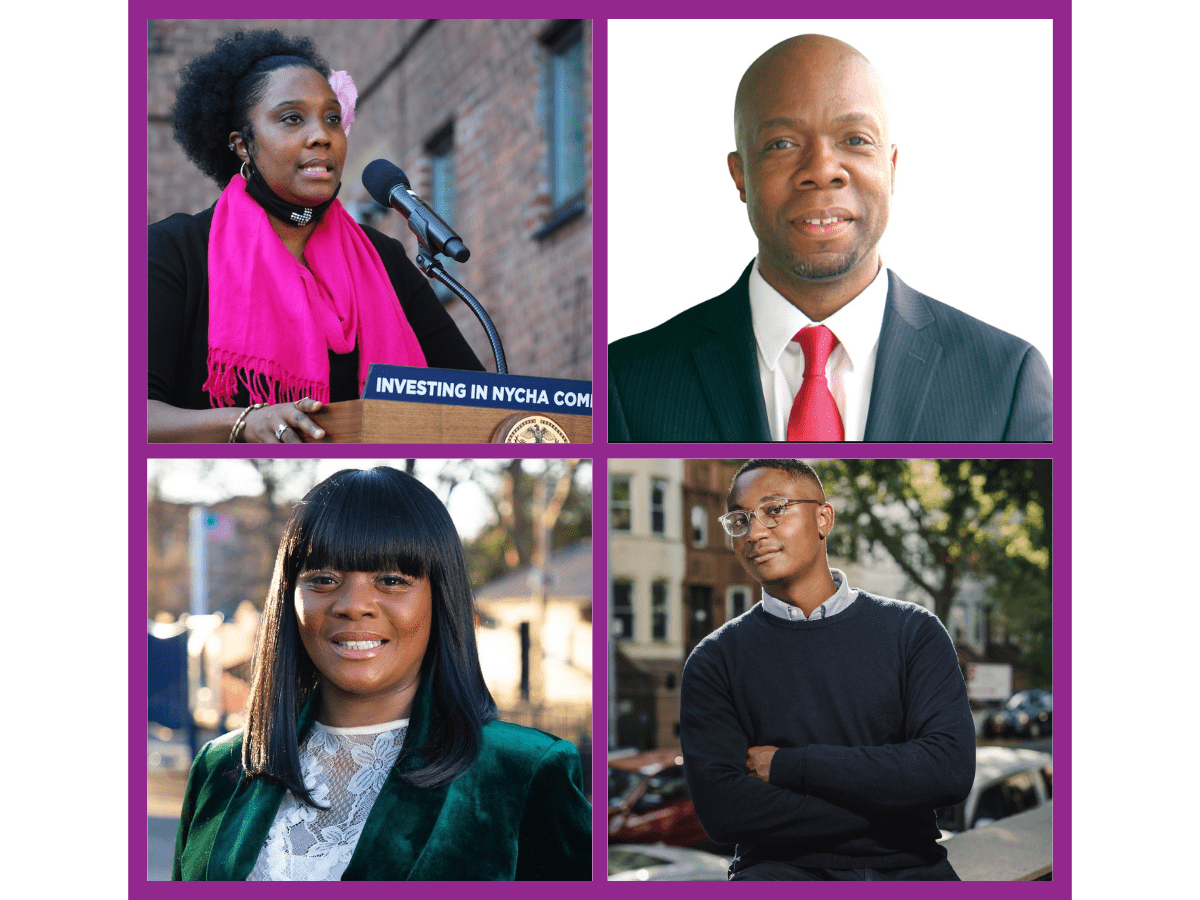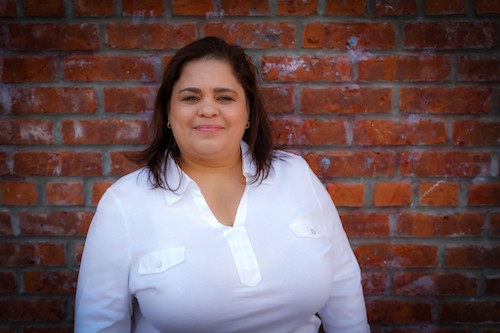New York City last year passed laws regulating the shared economy housing sector for businesses like Airbnb, but after the turbulent year that was 2020, Bedford-Stuyvesant brownstoners are out looking for ways to generate extra cash that could get them in trouble with the law.
The law states it’s illegal for Airbnbs to be in whole apartments, generally in buildings with three to four units, where the owner isn’t on-site or hasn’t lived there for at least 30 days. Guests also can’t be short-term without possible violations and penalties, including eviction, the argument being that these practices contribute to rising rents and gentrification.
Meanwhile, it’s reportedly a buyer’s market in Brooklyn, Queens, and Manhattan in 2021, said Street Easy market reports.
KCP put the following questions to the candidates running for City Council District 36 covering Bedford-Stuyvesant and Northern Crown Heights. The candidates answering the inquiries were Community Board District Manager Henry Butler (D), Tahirah Moore (D), Chi Ossé (D), and Regina Edwards (D).
KCP: What do you plan to do about illegal Airbnb’s in brownstones in the district where residents don’t live full time?
Butler:

There was a building on one of our blocks in the district, one of our brownstone blocks in the historic district. It was purchased by one of these agencies, the brownstone, and then the individual was renting out the brownstone. And then what he did was he turned the brownstone, all four, five levels into an Airbnb.
The residents saw that because they saw the people coming there everyday with their luggage so they called the community board and we called the Mayor’s special enforcement unit on them. That’s what settled the situation.
The person that was renting the properties tried to meet with the block association, and negotiate some sort of deal. And, of course, I told them we’re not negotiating with him, What they’re doing is illegal. I’ve been dealing with this from last year and the way to deal with it is to make sure we’re enforcing the rules.
Moore:

Although enforcement is necessary, I have been told by some constituents that the law regarding illegal rentals is ambiguous and it is the responsibility of the government to define its requirements clearly. I support residents who rent a room every once in a while, but we need to stop companies that are abusing the system and using this in place of hotels.
This is why requiring a host to accurately follow the data-sharing requirements is important. As the next councilmember, I will work to hold every bad actor accountable because they are part of the reason why housing prices are unbearably high for our community. As I have said repeatedly, housing is a human right and it is a failing of our institutions that our current policies do not better protect the working class families in my district.
Ossé:

There are mandates and processes in place for Class A dwellings that are not exempt. Additionally, the city sends investigators and undercovers to pose as guests; the apps are starting to cull the number of hosts, based on internal and local regulations.
One possible enforcement policy, that is both painless and simple, has all app users register as businesses with the County Clerk (sole proprietors and general partnerships) or the State (corporations, limited partnerships or LLC). This information can be quarterly compared with the data-sharing requirements currently in place.
Note, financial education and awareness will be so important here.
We do not want a situation where only people with more fiscal literacy are engaging in this. Having a campaign teaching the public what dwellings are eligible, assistance in getting spaces up to eligibility standards and aid in registration would go a long way.
Edwards:

Unfortunately, there’s more Airbnb now than ever. The rules are not all clear to all. Bedford-stuyvesant has a lot of struggling homeowners trying to keep their property. They have worked extremely hard to get and keep their American dream. We should definitely get homeowners properly educated on this critical issue, so that it’s not certain people get to keep their Airbnb while struggling everyday homeowners lose their properties.
Although this definitely needs to be done legally, and your neighbors in your area should be aware that you do in fact have a legally operating Airbnb. With that in mind there should still be a limit to how many Airbnbs are in the area.
KCP: With the unexpected boom of the Brooklyn housing market in already gentrified parts of the neighborhood in 2020, do you think this issue will continue to worsen?
Butler:
Yes, as long as the economy stays the way it is. People are in a situation where they need that extra income, and people who are renting they need someplace to live. You have a situation where people are renting out rooms or small units within their building and using Airbnb as weekly income. So yes, I do think it will continue and you have to enforce it. It’s an enforcement issue. It’s not that we need more laws. It’s the laws on the books that need to be better enforced– when someone buys a building and converts it into illegal Airbnb units and they don’t live in the building, that’s what’s been happening a lot.
Moore:
Gentrification is one of the major concerns that I hear about from my friends and neighbors not because we are unwelcoming to newcomers, but because people like my family are being priced out of our communities. We need to look at adjusting the Area Median of Income (AMI) and other measures that determine affordability levels to ensure that we truly have affordable housing that is available to working class families in my community that have lived here for generations.
Ossé:
Unexpected boom?
I am sorry I cannot categorize the embarrassment of gentrification as unexpected. Since the 90s, developers and investors have marched East from DUMBO to Central Brooklyn displacing residents. And, during this time, entrenched lawmakers and petty politicians have not been reactive or inert.
Rents rise. Buying rises. Developments rise. But, the people in need of affordable and reasonable rents are floundering. And, note, this conversation should address not just the local or legacy families but the newcomers. Many of the latter moved here for community, affordable and reasonable rent –many with dreams of purchasing and settling. Both sets are pitted against each other. Another sign of gentrification and the emotional violence it creates.
Edwards:
Yes, I do think it will continue to worsen unfortunately due to the pandemic and the unemployment rate at an all time high. Homeowners are looking at every option in order to save their homes.
Jason L. Walker did not respond to inquiries. Rev. Robert Waterman couldn’t be reached.










